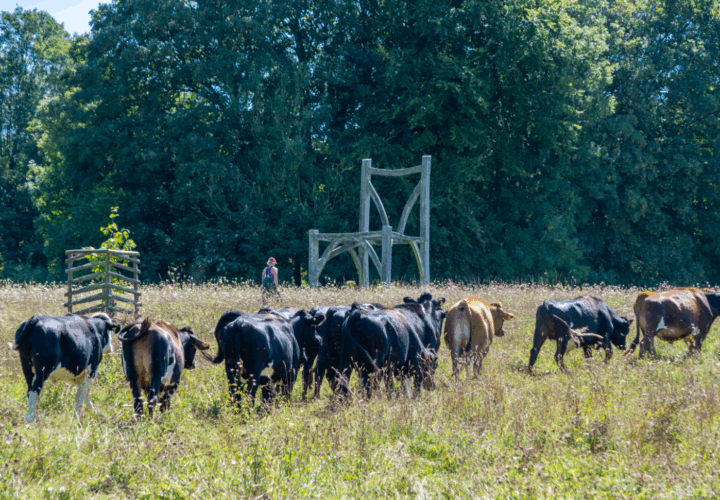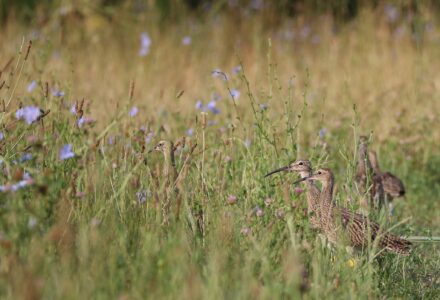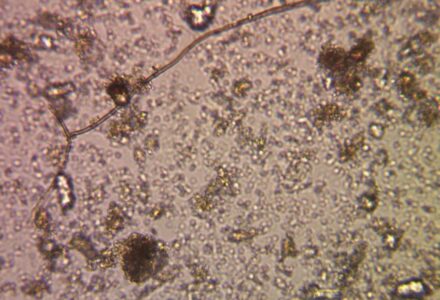Demonstrating Best Practices in Sustainable Farming
Cranborne Farms are at the forefront of sustainable agriculture, demonstrating a strong commitment to balancing food production with environmental conservation. Dan Moore, Farm Manager, leads the initiative, managing 1100 hectares with a primary focus on arable production complemented by a grazing partnership that incorporates 500 cattle into the system.
A Deep Dive into Soil Health
Cranborne Farms operates on chalk soils, which are naturally more bacterial dominant. To foster a healthier, more balanced soil ecosystem, several innovative practices are deployed:
- No-till system: This helps maintain soil structure and organic matter.
- Extensive use of cover and catch crops: These protect the soil from erosion, improve fertility, and suppress weeds.
- Crop nutrition: By focusing on robust crop nutrition, the farm aims to reduce the need for fungicides and plant growth regulators (PGRs), thereby increasing nutrient cycling and fungal populations in the soil.
- Reduced reliance on artificial Nitrogen: This minimizes environmental impact and promotes natural soil fertility.
- Advanced biological practices: Cranborne utilises Johnson-Su bioreactors, microbe brewing, and composting to enhance beneficial microbial activity in the soil.
- Soil monitoring: Regular soil health assessments are conducted using services such as the Soil Resilience Survey by Agrii.
Partnering for Progress: The Re-Genius Trial
In the continuous pursuit of improved soil health and reduced inputs, Cranborne have partnered with Regenus, a collaboration which focuses on fungal inoculation through drilling and broadcasting organic nitrogen with biology.
A trial comparing standard farm practices with the Re-genus approach yielded significant insights into soil microbiology.
The early results indicate a notable increase in beneficial protozoa and the presence of fungi in both the Re-genus trial and Cranborne compost areas compared to the farm standard. This suggests that these practices are effectively enhancing the microbial diversity and health of the soil.
Embracing Agroforestry
Cranborne is also investing in agroforestry, having established 380 trees in 2024. This initiative includes a variety of trees such as cider apple trees, part of the Dorset Apple Tree Analysis Project (DATA project), oaks, elms, and field maples, as well as coppice species such as hazel and sweet chestnut, and various nut and top fruit trees. A community orchard is also part of this project.
All newly planted trees have been inoculated and mulched with fungal-dominant, home-produced compost. The hope is to observe synergistic relationships between the trees and annual crops, fostering “Mycorrhizal banks” that enhance nutrient exchange and soil health. This will be monitored through frequent in-depth soil and microbial testing.







